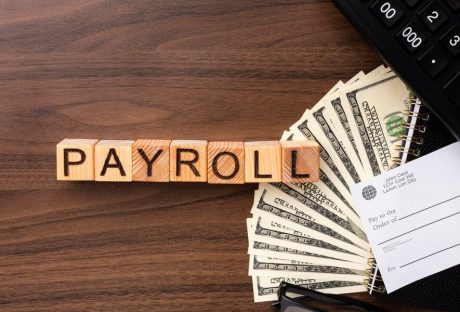When you think about life insurance, you think about the financial security it will provide your family when you die. What most people don’t think about is the fact that there are certain types of death that are not covered by term life insurance.
Term life insurance is the most common and affordable type of life insurance policy. With term life insurance, you are covered for a specific number of years before the policy expires. You then have the option of renewing it. If you die during the term, however, your insurance will provide death benefits to your beneficiary.
You should know that term life insurance policies have some coverage exceptions – particularly when it comes to the type of death. This is an important consideration as you purchase a life insurance policy, or if you are continuing to manage one.
Deaths Not Covered by Term Life Insurance
There are certain reasons why your term life insurance won’t payout upon your death. These coverage exceptions can be a hassle for beneficiaries and loved ones who rely on your life insurance to cover medical, funeral, or burial expenses. Deaths that may not be covered by your term life insurance policy include:
Fraudulent Deaths
If you commit life insurance fraud or someone lies about the cause of death, your life insurance company may refuse to pay death benefits. It is important, to be honest, and forthcoming when applying for life insurance about any medical conditions or dangerous conditions you are in.
Dangerous Hobby-Related Deaths
If your lifestyle is dangerous or you have dangerous hobbies, these activities may affect your life insurance. For example, certain pilots are required to opt-in for special aviation coverage in order to get life insurance. If they are killed in a flying accident, beneficiaries will not get death benefits. If you regularly engage in dangerous hobbies – bungee jumping, scuba diving, or free-climbing – you need to inform your insurance agent or carrier upfront. You may be required to list these hobbies or opt into additional coverage.
You may also have a higher premium. Be honest, even if it does mean a higher premium. As noted previously, if you lie on your application or about the cause of death, your beneficiaries are the ones who will suffer.
Murder
If one of your beneficiaries murders you with the intent of collecting your insurance money, they won’t prevail. The Slayer statute prohibits death benefits from being paid out to anyone who murders or is tied to the murder of the insured. If this happens, death benefits will be distributed to your contingent beneficiaries or your estate.
Suicide
Most life insurance policies have a “suicide clause”. This clause states that if you commit suicide during the first two years the policy is active, then the policy will not cover the death or pay death benefits. This is designed to prevent individuals from obtaining a policy and then immediately committing suicide.
If the death is possibly suicide, such as a drug overdose, then the insurance company may deny coverage. They will have to prove that the insured committed suicide (the death was deliberate) and not the result of an accident.
Make Sure You Understand Your Life Insurance Policy
As you can see, there are a variety of situations that could result in your life insurance refusing to pay death benefits to your loved ones. You should talk to your insurance agent to find out specifically what is and is not covered by your term life insurance policy. Make sure your insurance agent is up-to-date on any medical conditions you have or any changes in your hobbies or occupation. Doing so can help prevent your loved ones from experiencing the unfortunate scenario that is a life insurance coverage denial.
Read Also:






















